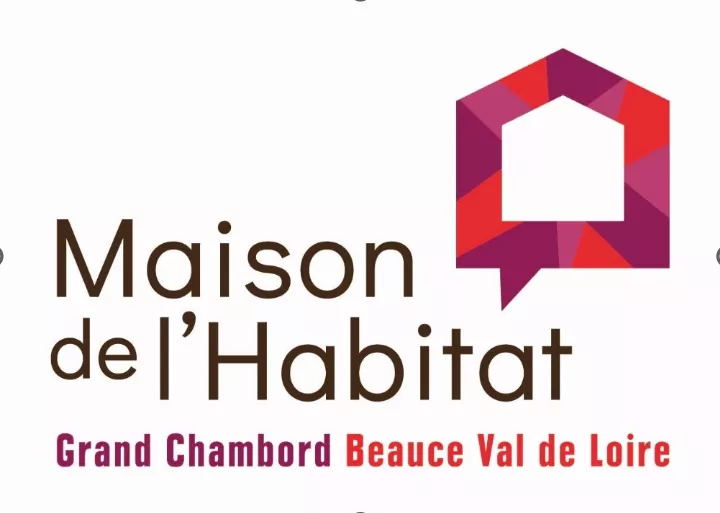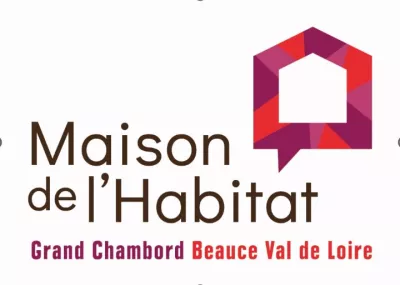Summary
The intercommunal initiative, ‘Maison de l'Habitat’ provides advice and support to the rural residents of Grand Chambord and Beauce Val de Loire, such as the Bracieux, Marchenoir, and Oucques-La-Nouvelle municipalities. It assists with thermal renovation projects for houses, which ultimately reduce energy bills for individuals and municipalities, and enhance the appeal of the territory by revitalising its housing stock.
Since its inception in September 2020, the initiative has facilitated numerous calls and meetings, contributing to the completion of thermal renovations and generating a positive impact on the local economy. Despite challenges, such as housing shortages, the initiative has proven instrumental in promoting environmental transition, reducing energy poverty, and stimulating local economic development.
Results
Between September 2020 and the end of 2022, the initiative had:
- Facilitated 7-8 calls per day, conducted 572 meetings with individuals, and coordinated extensively with private actors such as builders, real estate agencies, and banks;
- Performed 424 home diagnostics and provided numerous legal and urban planning advice sessions;
- Completed 106 efficient thermal renovations – 31 of which utilising natural materials and 17 reaching the ‘low consumption housing’ standard – and carried out 1 122 simple thermal renovations and 66 adaptation renovations for elderly individuals;
- Achieved a 53% reduction in energy consumption, saving 1 942 MWh of energy and 676 TeqCO² (amount of carbon dioxide that has been sequestered or emitted by a certain activity or process);
- Saved a total of EUR 150 225 for individuals;
- Invested EUR 6.6 million in works and employed 100 people in connection with its activities;
- Generated a dynamic renovation, 3.5 times larger than in a comparable territory in France, thus contributing to the country’s carbon neutrality objectives.
Resources
Documents
Context
The rural areas of the two supra municipalities Grand Chambord and Beauce Val de Loire, including 16 and 30 municipalities respectively, have established a collaborative partnership named ‘Entente intercommunautaire’ (intercommunity agreement). This partnership enables the pooling of resources and expertise to undertake collaborative, initiatives such as ‘Maison de l’Habitat’.
The municipalities have identified many common issues in terms of housing. A significant portion of the population works in the area due to the presence of the nuclear plant in Saint Laurent Nouan and the logistics platform in Mer. However, a challenge arises from the struggle of these workers to find housing within the region. Housing renovation has also lagged behind the need for energy transition to alleviate energy poverty in these communities and reduce carbon emissions.
To address these issues, the initiative ‘Maison de l’Habitat’, was created in September 2020 to help housing searches and support thermal renovation efforts. This intervention contributes to tackling the housing crisis by increasing building availability and boosting energy renovation for an energy transition.
Objectives
-
Offer a public service for residents who need guidance on housing matters, such as thermal renovation, house adaptation for people with specific needs, legal advice and energy poverty;
-
Support environmental transition and energy poverty reduction by improving the energy performance of housing renovations;
-
Enhance the appeal of the regions’ housing stock by valorising the exceptional built heritage, particularly exemplified by Chambord’s castle.
Activities, key actors, and timeline
The ‘Maison de l'Habitat’ initiative operates as a central point for addressing various queries related to technical, legal, and urban planning aspects of housing. The service conducts regular information sessions at the city hall, each in collaboration with different organisations, such as the NGOs: ADIL (for technical and legal advice); SOLIHA (for social support and technical expertise in ecological construction); and AUE (for architectural guidance).
Beyond merely providing information, ‘Maison de l'Habitat’ offers assistance, particularly to those interested in enhancing home insulation or adopting renewable energy solutions. It conducts on-site assessments to evaluate the current condition of homes and explore energy service options, even visiting residents' homes for initial analysis and energy service potential.
Furthermore, the initiative streamlines administrative processes and assists in securing public subsidies for thermal renovation projects. This includes adapting homes for elderly or disabled residents, resolving sanitation issues, and addressing energy poverty.
Success factors/lessons learnt
-
The ‘Maison de l'Habitat’ has demonstrated the value of bringing together various organisations to assist individuals who, thanks to the centralisation of services, avoid the hassle of contacting multiple entities. However, fostering collaboration and standardising operations to ensure residents benefit from a wide range of expertise was challenging initially.
-
Despite the successes, challenges persist, including fraudulent companies and practices, a continuing housing shortage in the region and economic inflation. Continuously influencing the local economy by convincing more individuals to renovate their homes, would ultimately achieve carbon neutrality on the territory, enhance its appeal, and address the housing crisis.
-
The impact on the local economy is substantial, with EUR 10 generated for every EUR 1 of public funds invested. Thirty-three percent of individuals end up undertaking more extensive projects than initially planned, and 60% anticipate more renovations in the future due to the support and advice received. Overall, 90% of those who contact the service claim they would not have undertaken renovations without its support.
-
These efforts by supra municipalities Grand Chambord and Beauce Val de Loire encourage a proactive approach to reducing energy consumption, preserving the environment, combating energy poverty, and stimulating local economic development.
Contacts
Julien DENIS, facilitator: julien.denis@grandchambord.fr, +33 647 53 21 21

